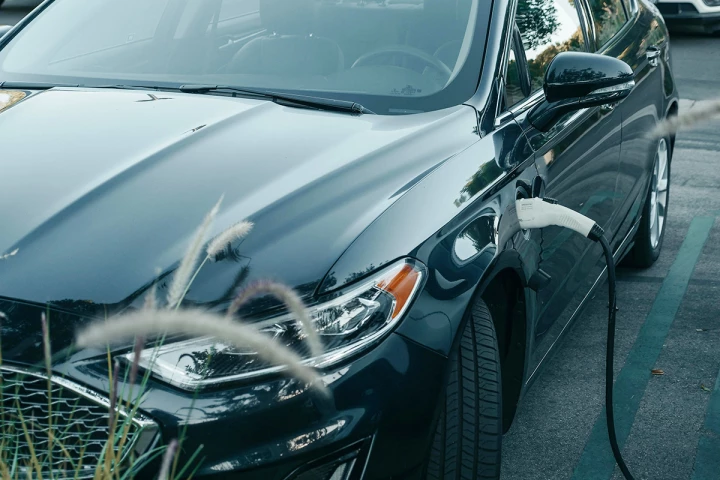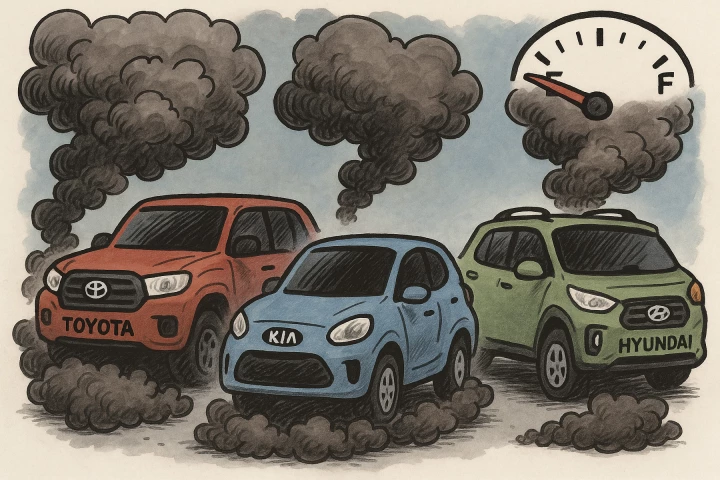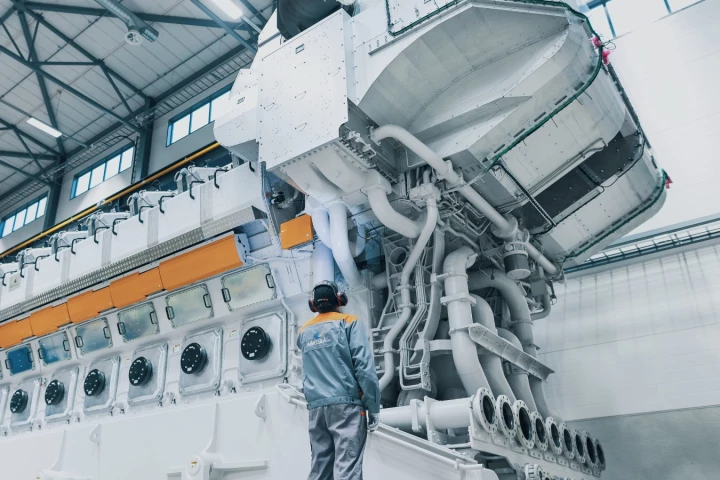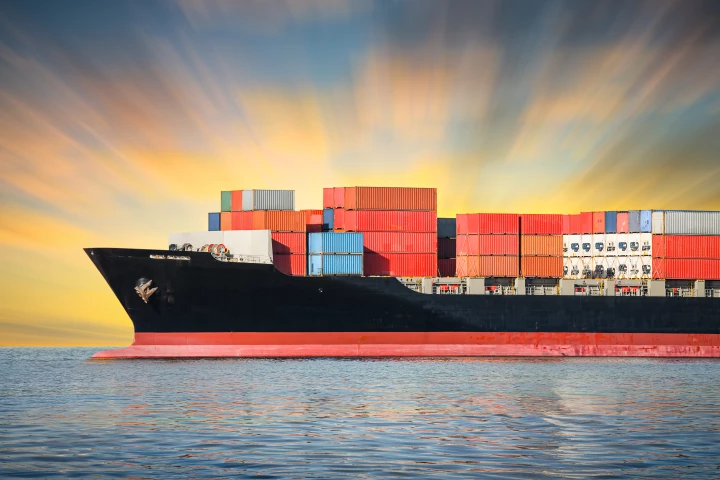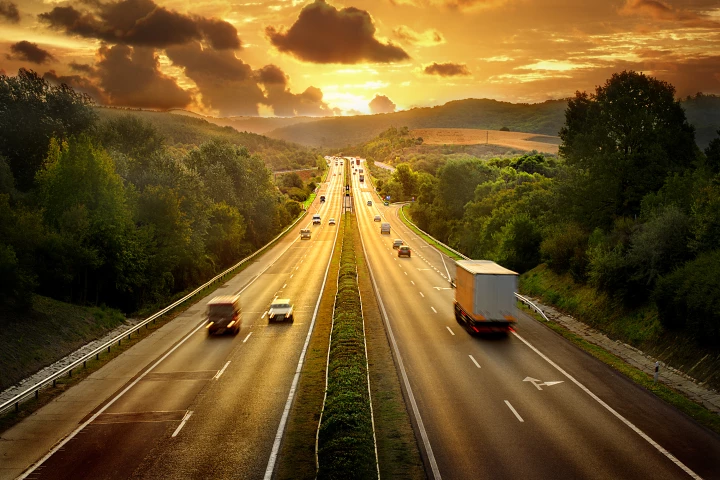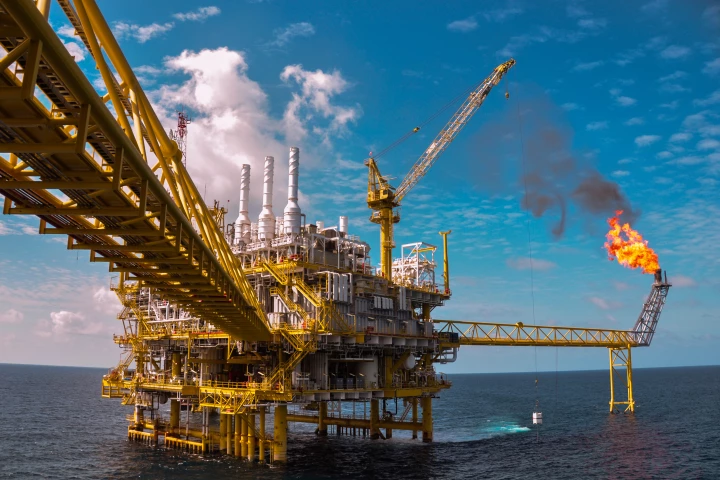Emissions
-
Europe's lofty plan to phase out the sale of internal combustion engine cars by 2035 now seems all but dead. The European Commission announced it's dropping the ban on new gas-powered cars a decade from now, owing to pressure from the auto industry.
-
A new study has looked into whether electric cars are really better for the environment than gas-powered cars. It turns out that this is indeed the case: after two years of use, EVs start reducing their total carbon footprint compared to gas cars.
-
A report out of Europe throws serious shade at plug-in hybrid electric (PHEV) cars, pointing out that they emit nearly as much carbon dioxide emissions as gas-powered vehicles. So much for greener motoring.
-
AAA just dropped a bomb on some of the world's top-selling car manufacturers: Many vehicles from big-name companies are using far more fuel than advertised – as much as 33% more.
-
Once famous for building the world's biggest and most powerful engines, Finnish company Wärtsilä is investing heavily in technology to clean up the notoriously difficult heavy marine sector. CEO Håkan Agnevall lays out a roadmap to zero carbon 2050.
-
A new solution from Cambridge University could recycle both concrete and steel at the same time, by throwing old concrete into steel-recycling furnaces. If done using renewable energy, the process could make for completely carbon-zero cement.
-
That's without any modification to the ships themselves, too. The ambitious 'Blue Visby Solution' proposes enormous fuel and emissions savings for cargo ships worldwide, simply by being smarter about speed and timing and eliminating inefficiencies.
-
Despite its many advantages, glass has one major Achilles' heel – it’s brittle. Now, engineers at Penn State have developed LionGlass, a new form that's not only 10 times more damage resistant, but requires significantly less energy to manufacture.
-
If you could zoom way out to look at the universe at its largest scale, you’d see that it’s made up of a colossal cosmic web. Now, astronomers have detected shockwaves moving through this web, providing new insights into large-scale magnetic fields.
-
Following a similar decision in the European Union, the state of California has announced it's phasing out new sales of diesel and gasoline cars by 2035, setting aggressive targets along the way. This move will have dramatic effects across the USA.
-
The global oil industry wastefully burns off about as much natural gas as is used by all of Central and South America – but a new methane binding agent offers a potential way for this greenhouse gas to be converted economically into liquid fuels.
-
Nitrous oxide is a potent greenhouse gas – and now it looks like we may have underestimated how much is being released. A new study has identified the thawing Siberian permafrost as a huge, previously unknown source of nitrous oxide emissions.
Load More


